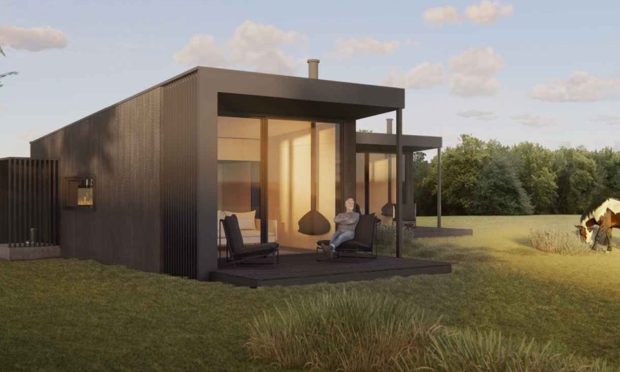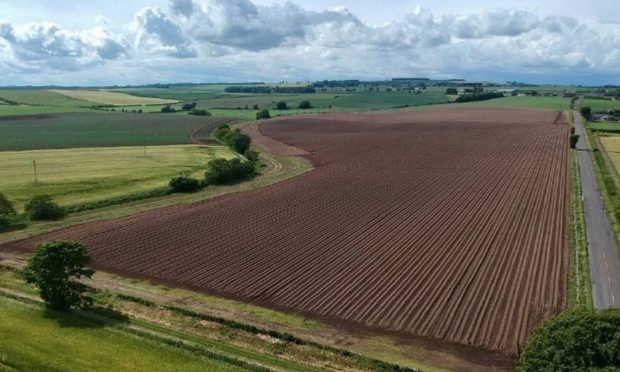The family of a teenager with spina bifida have praised the benefits of an Angus respite home for their lives after it received a financial boost.
Rebecca Cottage in Carnoustie has been given £10,000 from finance firm Aberdeen Asset Management to pay for its upkeep – a gift which has been welcomed by 14-year-old Anna Pentony’s family.
Holidays don’t come easy for Anna, who was diagnosed with spina bifida and hydrocephalus at birth, and is paralysed from the waist down.
But every year she and her family visit the respite home run by charity Spina Bifida Hydrocephalus Scotland (SBH Scotland) to take time off and relax.
Mum Alison said: “Anna has a lot of complex care needs.
“Alongside spina bifida and hydrocephalus, she also has a condition called congenital central hypoventilation syndrome.
“Essentially, this means that when she goes to sleep, her brain stops sending signals to her lungs and so she has to use a ventilator overnight.
“Due to her age and spinal surgery, Anna can’t be lifted, she must be hoisted, and this coupled with her ventilation requirements can make it a struggle to take her on holiday.
“It can be difficult to find adapted cottages with hoisting, as well as a profiling bed which we need to help her dress.
“Having somewhere that is specially adapted like Rebecca Cottage is a real lifesaver and we’d be lost without it.”
Anna and her family have visited every year for the past decade, missing just one due to a hospital visit, and they often book the following year’s holiday as soon as they return.
Deborah Roe, director of fundraising for SBH Scotland, said: “Rebecca Cottage has, for over 40 years, been a lifeline for families who are affected by lifelong complex disabilities, families who welcome the opportunity to holiday together in accessible accommodation set in tranquil surroundings.
“As a charity which receives little statutory funding, this donation will ensure that vital holidays at Rebecca Cottage continue long into the future for all those who need them.”
Around 1 in 1,000 pregnancies in Scotland is affected by spina bifida, which is a fault in the spine that develops in early pregnancy.
Most born with the disability are paralysed from the waist down, can be affected by bowel and bladder complications, and will be lifelong wheelchair users.
Hydrocephalus – a build-up of fluid which increases pressure on the brain – can be associated with spina bifida, and can lead to social, emotional, cognitive and behavioural difficulties.










